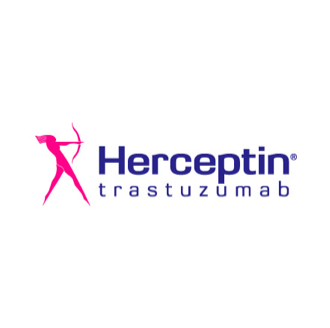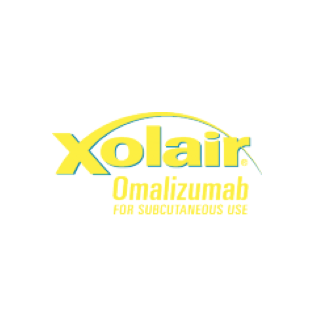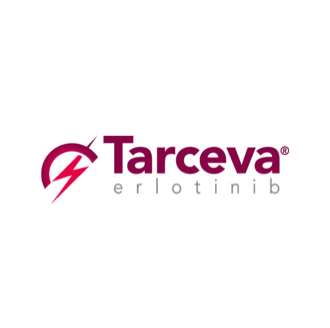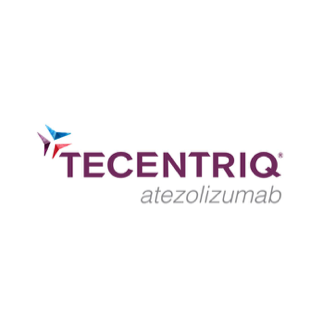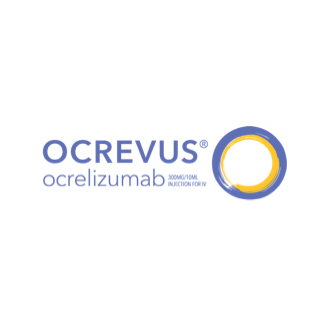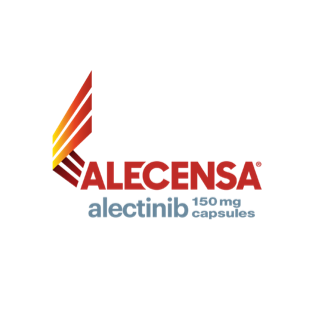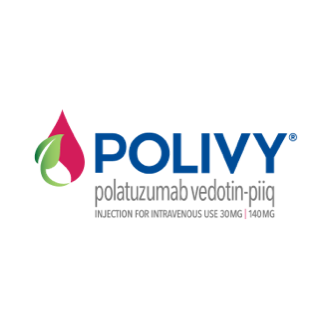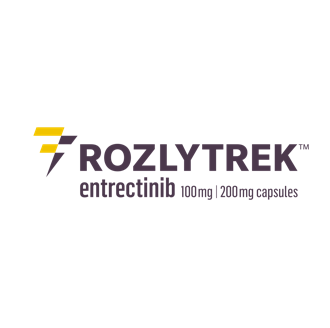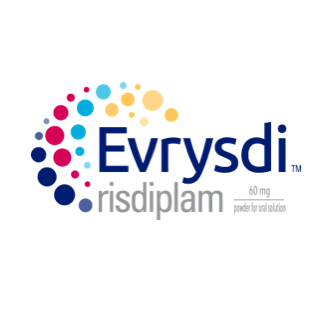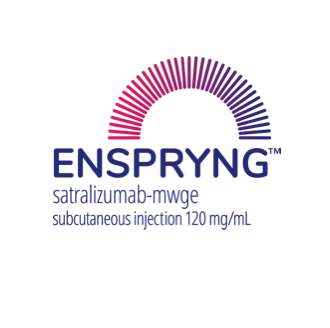The Science of
Personalized Healthcare
Check out our latest work to transform healthcare for patients everywhere
Learn MoreThe Right Dose
at the Right Time
Learn more about the dosing strategies DevSci applies to fit the individual needs of patients
Learn MoreDriving PHC in
Multiple Sclerosis
Find out more about how DevSci is contributing to the quest to cure MS.
Learn MoreSAfety Biomarker Expert Resource (SABER)
Find out how our SABER team is helping to drive personalized healthcare
Learn MoreContributing to the fight
against COVID-19
Learn more about how DevSci is helping to battle the pandemic
Learn More
